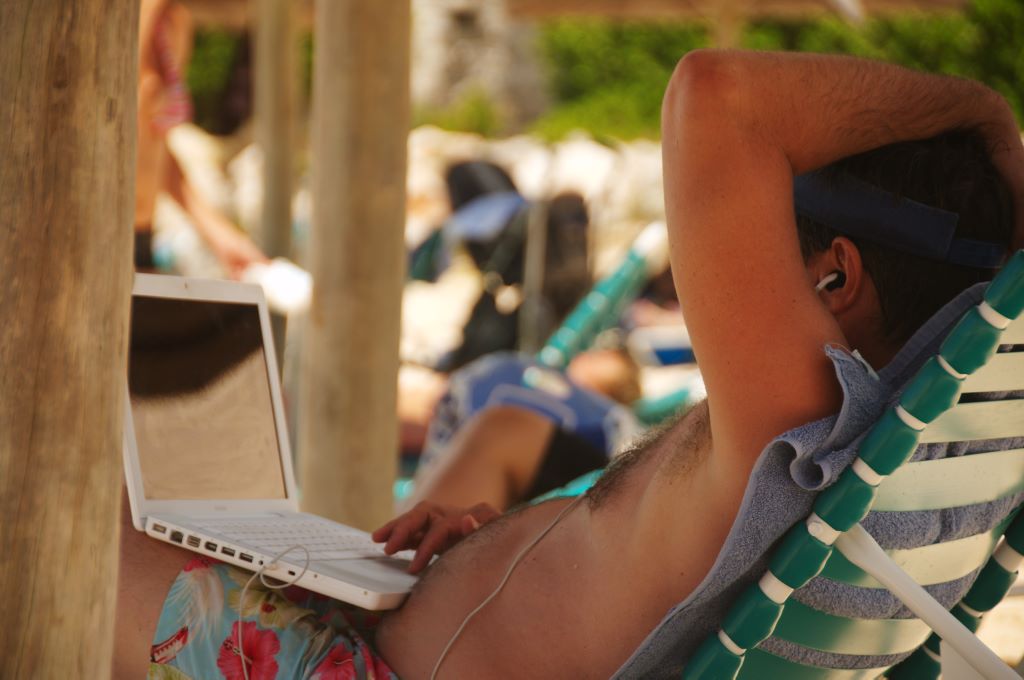You have /5 articles left.
Sign up for a free account or log in.

By Justin Dunnavant
If you planned your summer like I did, you likely didn't complete half of what you set out to do. As a graduate student, I know how difficult it can be to transition from a leisurely summer to a more structured semester. In the next few weeks people will be returning from fieldwork and dissertation research, and even more will be entering graduate programs for the first time. In the past, GradHackers have reminded fellow students to revisit their motivations for graduate school, to explore new methods of staying productive, and, perhaps most importantly, to remember the value of sleep. Over the years I have adopted similar rituals to stay proactive instead of reactive and to help me ease the transition from summer to semester. Taking the last few weeks of summer to reflect, organize, plan, and anticipate has helped me mute looming fears and put the fall semester into perspective.
First, it's important to accept defeat. Instead of focusing on what you didn't get done, look at what you have accomplished. This summer I had lofty goals of completing everything I wasn't able to do during the semester: writing two publications, learning statistics, becoming a better photographer and writer—the list goes on. Although I really didn't get too far with any of those goals, I did manage to achieve some unanticipated milestones. I started blogging, made some important research contacts, collected archival data, and experimented with a lot of different productivity software.
Once you begin to see the glass as half full instead of half empty, you can begin to reorganize and prioritize your goals. To help get your ideas flowing, revisit your summer goals and prioritize what still needs to be done. If you are a visual person and need help brainstorming, try mind mapping to get your creative juices flowing.
Planning out your semester becomes much easier now that your goals are outlined and prioritized. Begin filling in your calendar with important dates, birthdays, conferences, grant submission deadlines, and the like. It's good to know what you've already committed to so you don't over commit yourself later on during the semester. On a related note, you may want to update your social media sites and CV/resume. GradHackers have provided some useful tips regarding social media etiquette, branding yourself, and posting your CV online, which you should definitely keep in mind. You want to be prepared when those last minute grant and/or job opportunities arise.
Next, try to get a better understanding of your classes and anticipated workload. Solicit your instructors for course syllabi so that you can begin collecting books and journal articles. The library will likely only have one or two copies which get checked out quickly, and having that syllabus early can give you a big advantage to get to them first. Also remember it's never too early to start thinking about the final paper. Having the syllabus in front of you will help you begin thinking about connections between your coursework and your research.
For graduate assistants out there who will be teaching classes, it's a good idea to review fellow grad hacker Amy Ruben's "First Day of Class Rituals." She provides some good recommendations on organizing the first day of your class including tips on icebreakers, roll call, the syllabus, and what to actually teach.
The short gap between summer and the fall is also a good time to make necessary lifestyle changes. Take this time to experiment with creating new habits such as writing at different times of the day to see if you really are a night owl or an early bird. Promise yourself to stay up late some nights or go to bed early on others. For some pointers about making more serious life changes, you can follow the adventures of Zen Habits writer Leo Babauta as he documents his experiences giving up addictions like coffee, sugar, and alcohol each month in his series, "The Year of Living Without." The routines you start in the summer will be easier to follow during the semester.
I have also found that the beginning of August is a good time to get my health check-up. If you happen to be as unlucky as me and find you need to get your wisdom teeth removed, it's good to have a few months to prepare before going under the scalpel. Trying to recover during an intense semester can really throw you off schedule. Remember: a healthy graduate student is a happy graduate student.
Finally, if you really want to get ahead of the game you may even consider cooking large meals at the beginning of the year. Baking and freezing a large pan of lasagna can be a lifesaver later on in the semester when time and money get tight. These are just some of the things you can do to prepare yourself for the upcoming fall semester and "hit the ground running."
We would like to hear from you! What are you doing to get yourself ready for this semester?
[Image by Flickr user zzathras777 and used under Creative Commons license]








